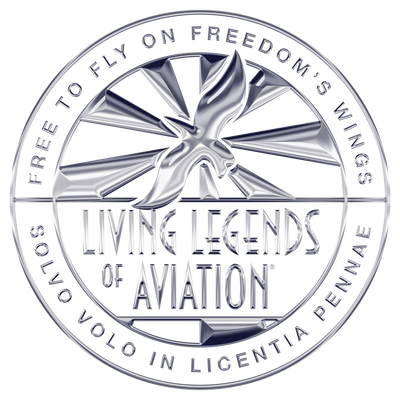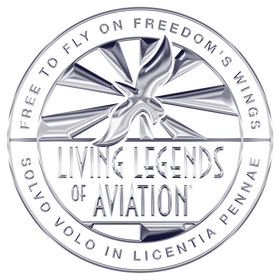CAPTAIN JAMES A. LOVELL JR.

James Arthur Lovell Jr. was born in Cleveland, Ohio, and became one of America’s most celebrated astronauts and a central figure in the early history of human spaceflight. After graduating from high school, he entered the U.S. Naval Academy, where he excelled academically and developed a deep interest in aviation. He became a naval aviator, flew fighters, and became a test pilot.
Lovell’s skill and calm professionalism caught the attention of NASA, and in 1962 he was selected as part of the second group of astronauts—the “New Nine.” His first spaceflight came in 1965 as pilot of Gemini 7, a mission notable for conducting the first rendezvous in space. The 14-day flight also set an endurance record and demonstrated the feasibility of long-duration missions.
Lovell returned to space in 1966 as command pilot of Gemini 12, the final mission of the program. Working with Edwin “Buzz” Aldrin, he helped perfect the techniques of extravehicular activity, which had challenged earlier crews. His experience and leadership made him an obvious choice for the Apollo program, and in 1968 he flew as command module pilot of Apollo 8, the first human mission to orbit the Moon. The crew’s reading from Genesis during a live broadcast on Christmas Eve became one of the most iconic moments of the space age.
Lovell is best known for commanding Apollo 13 in 1970. Intended to be the third Moon-landing mission, Apollo 13 suffered a catastrophic oxygen tank explosion en route, crippling the service module. Lovell and his crew—Fred Haise and Jack Swigert—worked closely with Mission Control to improvise life-support solutions, navigate manually, and use the lunar module as a lifeboat. Under Lovell’s calm and decisive command, the crew returned safely to Earth after a tense four-day ordeal. The mission, immortalized as a “successful failure,” solidified his reputation as one of NASA’s finest leaders.

